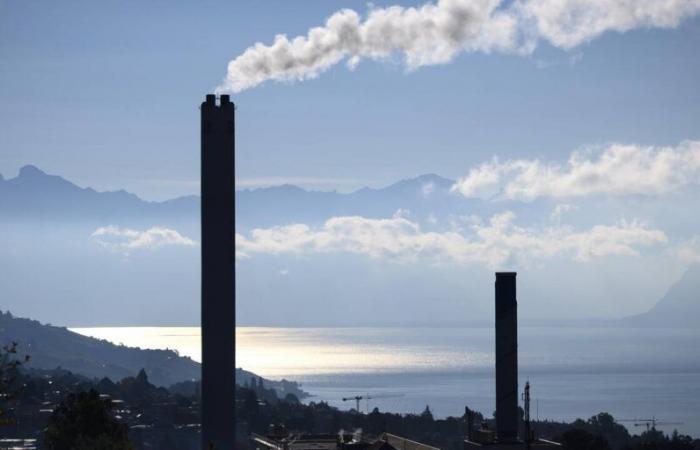Women more likely to vote for
If they had voted at the beginning of December, 49% of respondents who were firmly decided to participate in the vote would have “definitely” or “rather” voted against the initiative, according to this survey carried out by the gfs.bern institute. Conversely, 45% would have said “yes” or “rather yes”.
The gender gap is striking: 56% of women would approve of the initiative, compared to only 37% of men. The text is supported in French-speaking Switzerland (55% in favor) and in Italian-speaking Switzerland (52%), but rejected by 52% in German-speaking Switzerland. Overall, approval decreases with increasing income, and increases with education level.
Strong polarization
Supporters of the Vert-es, the PS and the PVL clearly support the text, unlike all the other electorates. The polarization is strong: the Greens (98% for) and the UDC (81% against) mark the two poles of opinion. 81% of respondents predict a refusal of the object on February 9, compared to 19% who envisage approval. The “yes” share is estimated on average at 42%.
Nearly two-thirds of those surveyed fundamentally recognize that we are consuming tomorrow’s resources today and that the foundations of our lives may soon be exhausted. Thus, 63% believe that Switzerland must not only reduce its environmental pollution, but also assume responsibility for environmental damage abroad.
In addition, 55% support the demand that Switzerland take a pioneering role in international environmental protection. This would enable the country to increase its good reputation throughout the world.
Fear of rising prices
On the other hand, two thirds of respondents fear disadvantages if they accept the initiative, such as an increase in prices. In addition, 65% believe that it is too risky to burden the Swiss economy with bans and regulations, as this could weaken the economic location. Finally, 61% of people consider that the initiative would force drastic renunciations and that it would massively lower the standard of living to which they are accustomed.
The stage of opinion formation is already moderately advanced, underlines the gfs.bern survey. Nearly two thirds of people wishing to participate show a firm intention to vote and only 6% are completely undecided. The willingness to participate in the vote, however, stands at 35%, significantly below the long-term average.
The survey was carried out between December 2 and 16, among 18,845 people holding the right to vote. The statistical margin of error is +/- 2.8 percentage points.






